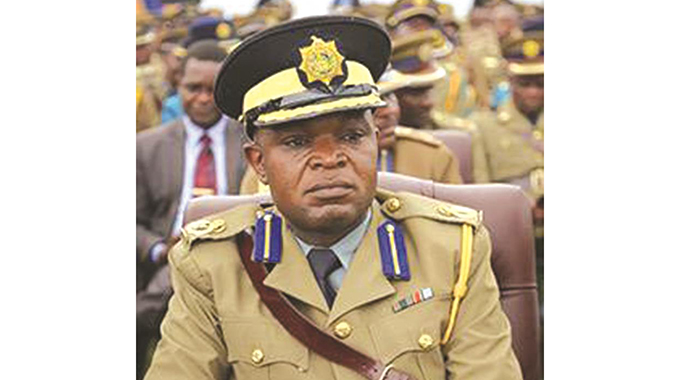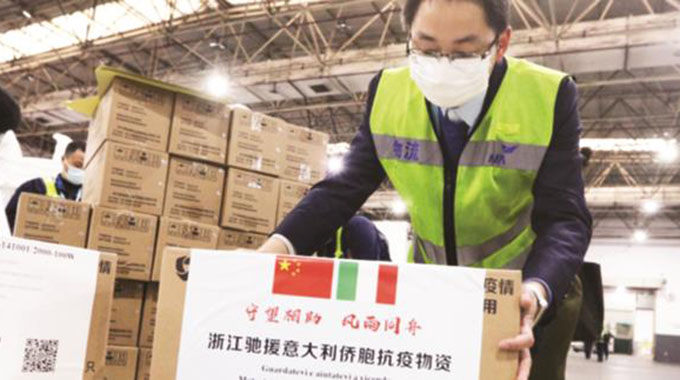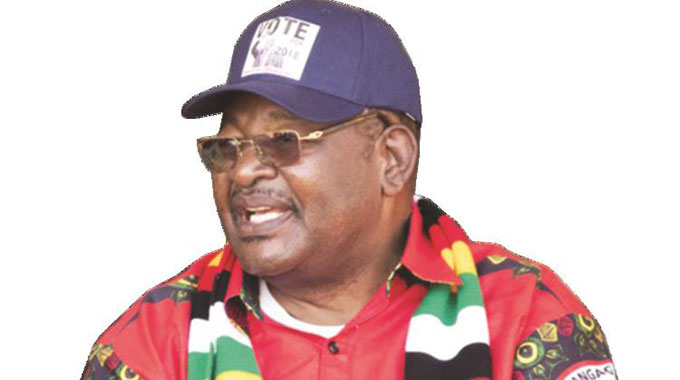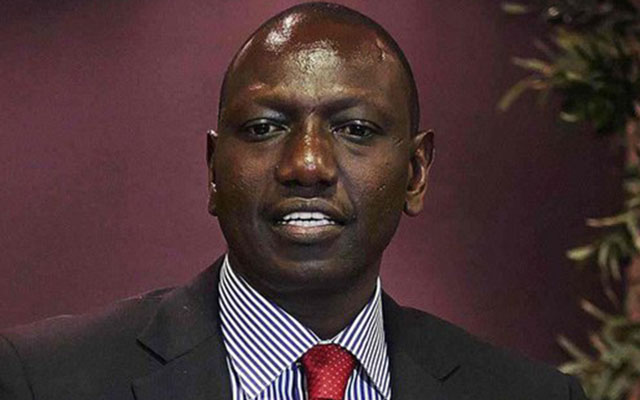Police ready for 21-day lockdown

Prosper Dembedza Herald Correspondent
The Zimbabwe Republic Police is ready and has set up 24 hour surveillance systems and roadblocks throughout the country to ensure compliance with the laws regarding the control of Covid-19 pandemic.
President Mnangagwa last week announced that the country will be on lockdown for 21 days starting today, as Government steps up its fight against the pandemic.
National police spokesperson Assistant Commissioner Paul Nyathi yesterday said they were fully prepared to enforce the law during the 21-day period.
He said all citizens not engaged in essential services should stay at home.
“Those who defy the law will be arrested,” said Asst Comm Nyathi.
“We are conducting awareness campaigns in all the country’s provinces.”
Asst Comm Nyathi said police will be manning 24-hour roadblocks across the country and there shall be monitoring points of entry and exit, and at all the illegal points used by boarder jumpers.
“Businesses that are going to open are those only outlined by his Excellency President Mnangagwa during his announcement of the 21-day lockdown,” he said.
Asst Comm Nyathi said fuel service stations should make sure that their customers stayed inside their vehicles.
“As for the media, only accredited journalists are allowed to move around,” he said.
Asst Comm Nyathi said funerals were supposed to be attended by 50 people and below, adding that no gatherings were allowed.
He said Zupco buses and public service vehicles were to carry on with their duties.
Asst Comm Nyathi said police will be working together with other security services to ensure public compliance with the law regarding the control of Covid-19 pandemic.
The lockdown and other measures announced by the President arise from reports and recommendations from the inter-ministerial taskforce on Covid-19.
Spelling out what the lockdown meant when he made the announcement, President Mnangagwa said: “This means all our citizens are required to stay at home, except of course in respect of essential movements related to seeking health services; to purchase and procurement of food and medicines and for the essential supplies and critical services.
“Workers manning our essential services, including health services and outlets, emergency and security services, as well as operation of key utilities like power and water, are exempt from this directive.”
The President said he had directed that the National Command Element of the country’s security arms to deploy as appropriate in support of civilian authority.
Only civil servants on duty, in line with decisions and directives of the PSC, heads of ministries and the ad-hoc taskforce on Covid-19 and those considered to offer critical services will be exempted from unrestricted movement.
Funerals will be exempt from the directive, but not more than 50 people should attend.
In so far as the informal sector was concerned, food markets would be allowed to operate, although under the control of health personnel, while those trading in non-food items would be closed.
The Government will work with local authorities to ensure regular supply of water supplies to residential areas, while the ministries of Information, Publicity and Broadcasting Services and Health and Child Care were directed to ensure communities were aware and comprehensively informed about the pandemic.









Comments